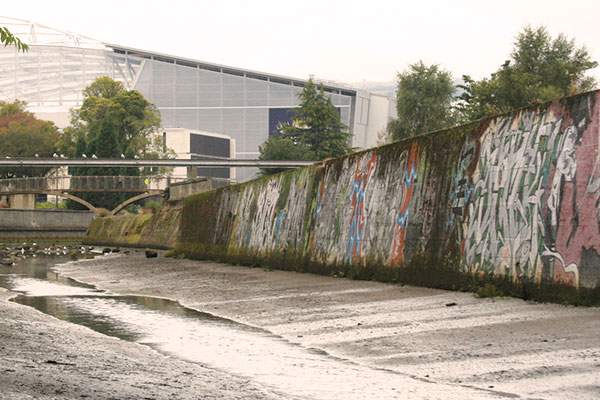Fears deepen as drought drags on
Beer with us - Dunedin will be OK
Except for the Clutha River, most tributaries and rivers still have dangerously low levels, with no sign of rain to abate the situation. According to Peter Bodeker, Chief Executive of the Otago Regional Council, high levels of rainfall in the near future would still not be enough to regenerate the vegetation in the region. The severity of the drought means that even winter crops will face extreme difficulty. The effects are set to be felt in the region until spring, at the earliest.
Farmers, particularly those involved in dairy and crops, are struggling. Irrigation from most rivers has been stopped and, as a result, most farms no longer have stock on the fields. High numbers of animals are also being sold.
Backpackers passing through the region described the impact of the drought as disastrous. The travellers reported that farmers throughout Southland and Otago are still wishing for more rain; recent showers in the area had simply not been enough to rehydrate the land. Not only is the drought killing crops through lack of water, the intense sun is also damaging some crops directly. Charlotte Crawford-Sharpe, an apple thinner, said that workers had been asked to cut off any apples that had been burned by the hot sun.
Luckily for students, not all farming industries are suffering. The dry weather has not harmed crops linked to the brewing industry. Concerns that the drought could later cause a supply shortage of beer are unnecessary. Chris Snow, a spokesperson for Speights, said, “From a Speights’ point of view, with our malt grown in Canterbury and our hops in Nelson, very few of the ingredients we use come from the Otago region so we are confident that there will still be plenty of Speights for Kiwis to enjoy over the coming months.” An employee for McDuff Breweries in Dunedin said that they also had no concerns, as their barley crops are grown up in Canterbury.
The Dunedin City Council currently takes domestic water from Deep Stream, which has low but not minimum water levels. While the DCC has alternative measures in place for such events, the city could still face shortages if the drought were to continue. Bodeker suggests that Dunedin residents continue to help their rural counterparts through common sense, minimising shower lengths and not heavily watering lawns or washing vehicles.



